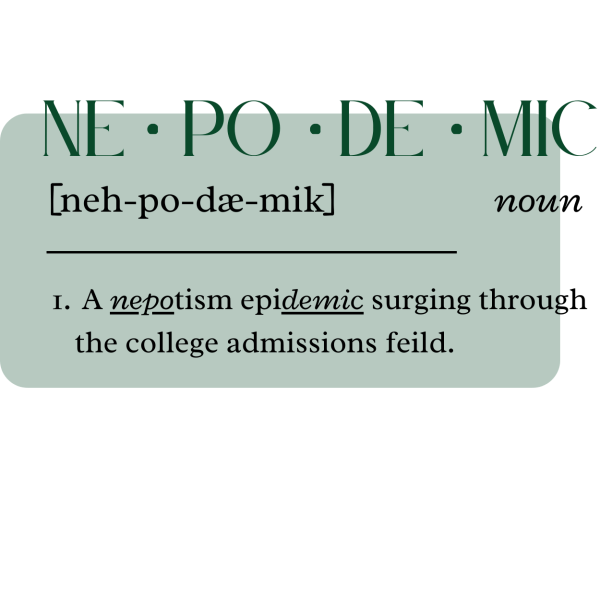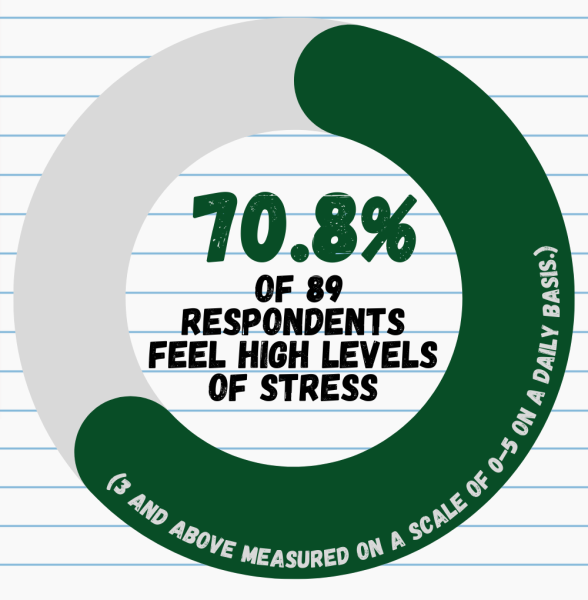America needs more political parties
In the 1960s, the United States political system was a healthy, functioning democracy. While both sides, Democrats and Republicans, disagreed on most issues, they could usually find a common middle ground, like during the signings of the Civil Rights Acts of 1964 and 1968, where Democrats and Republicans came together to pass the bills.
In the 1960 presidential election between John F. Kennedy and Richard Nixon, according to the U.S. Census Bureau, 62.8% of the population voted. High civic involvement is an indication of a healthy republic, and the ‘60s saw some of the highest voter turnout in American history. In fact, the turnout rate has been below 60% in every presidential election since the ‘60s.
Now, in 2020, the United States political system is on the verge of complete downfall. The 2016 presidential election saw only 55% of the population vote, and while voter turnout is expected to be high in this election, many people do not seem excited about their choice of candidates. This could be in part due to the nastiness of the campaign, the candidates’ ages and the disgustingly large amount of sexual-assault cases that have been brought against president Donald Trump (26) and his opponent, Joe Biden (8).
This is the problem we’re faced with now: people are no longer voting for candidates who they feel represent their values; they’re voting for the lesser of two evils. Why should we have to choose between a candidate who sponsored a 1975 bill that would limit the power of courts to order school desegregation and a candidate who has openly bragged about sexual assaulting women?
In a country with over 300 million people, I believe we deserve better candidates.
To make matters worse, the two-party system currently in place is entirely centered around beating out the other party and passing a partisan agenda. There’s no middle ground, no negotiating. Just a complete lust for power. This can be seen when Republican Senate Majority Leader Mitch McConnell stated that if a Democratic president wins in 2020, he will refuse to pass any law that is somewhat progressive for the next four years.
These are just small examples in the massive sea of ongoing political warfare. The guilty party is not trying to do what’s best for the American people; they simply want the opposing party to lose. The polarizing, zero-sum politics are dividing the country further than anything we’ve seen since the Civil War. Frankly, if something doesn’t change, we could be looking at the removal of the United States as a global power.
While third parties garner a small amount of votes every election year, like Libertarian Gary Johnson in 2016 gaining 3.27% of the national vote, in the winner-take-all system, it is impossible for a third party to truly emerge.
These parties don’t attract enough voters for simple reasons. Often, voters don’t want to gamble on their vote being wasted when they know a third-party candidate won’t win. Plus, voting for a third-party candidate could potentially help the candidate you dislike the most. This traps people into voting for the two big parties, which furthers the problem even more.
My solution to this problem? More political parties. While George Washington argued for no political parties in his 1796 farewell speech, that is simply impossible at this point. The development of political parties is almost inevitable in a functioning republic. If we’re going to have these partisan groups, let’s have ones that fit each American’s interests. Let’s get people in office who actually represent us and give other parties the chance to hold major positions.
Since 1950, only eight U.S. representatives and three senators have come from a third party, these being the Green and Libertarian parties. With the dissolution of the two-party system, these third-party groups would have the chance to hold higher positions, ones that they’ve never gotten the opportunity to.
In a multi-party state, each group would have to work together to effectively govern, meaning more viewpoints are heard. The implementation of a system like the ones seen in New Zealand and Germany would be beneficial to the American people and their politics, which will ultimately save the future of our country.














